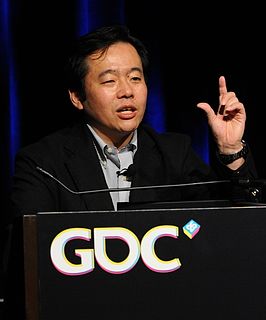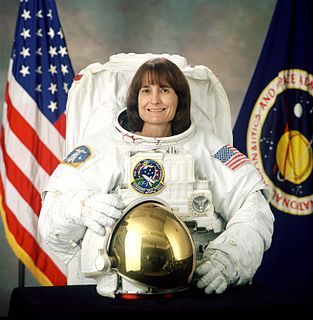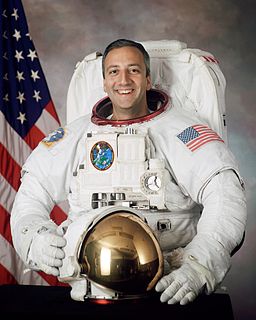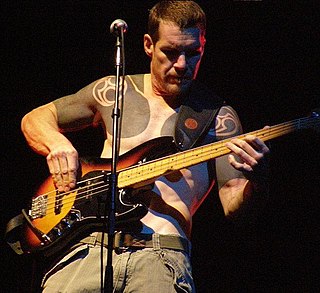A Quote by Alan Shepard
I guess those of us who have been with NASA kind of understand the tremendous excitement and thrills and celebrations and national pride that went with the Apollo program is just something you're not going to create again, probably until we go to Mars.
Related Quotes
This is the eighth game in the series and when we work on a Mario Kart title, we work on courses and we create them and then we work on them again, and again, and again, and we revise until we come up with something that we think is going to be fun for everyone to play over and over again. So we have a lot of confidence in our ability to do so, but we understand what a tough challenge it is to create those courses.
I think my career will end too early for me to go to Mars, though I might be involved in preparing the next generation to go. I'd love to explore Mars, but, ultimately, it's kind of a crappy planet. The thing is, Mars One people would never go outside without a spacesuit ever again. You're going to live in a tin can. Space stations are noisy; it's like living inside a computer with the fan on all the time. You're never going to smell grass or trees. It's just never going to be anything like Earth. You're never going to swim. You're giving up so much.
I had always been interested in the space program, and I didn't know if I could be an astronaut like I'd dreamt about when I was a little kid - to me it sounded kind of silly, someone grow up to be an astronaut - but, when I was in my 20s, I thought maybe I can get a job with NASA or a contractor, do something with the space program.
When you write a program, think of it primarily as a work of literature. You're trying to write something that human beings are going to read. Don't think of it primarily as something a computer is going to follow. The more effective you are at making your program readable, the more effective it's going to be: You'll understand it today, you'll understand it next week, and your successors who are going to maintain and modify it will understand it.
































